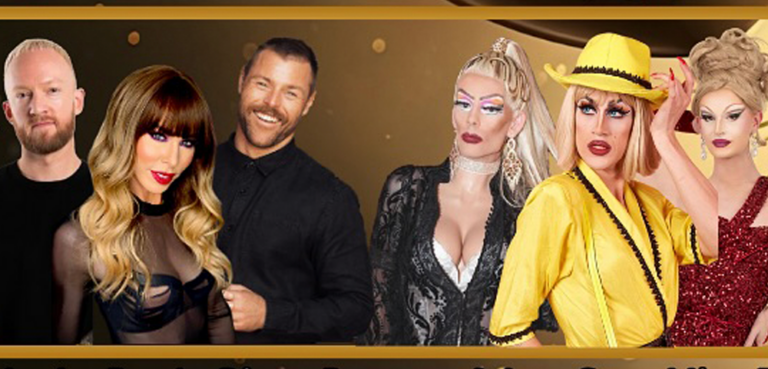
FEATURE: Pride on the steppe – being gay in Mongolia


While the world’s eye has turned on Russia’s recent attacks on LGBT rights, its neighbour and former Soviet satellite state Mongolia just celebrated its first Pride Week. However, there is a still a long way to go before LGBT Mongolians can live open lives.
***
I sit down for coffee in downtown Ulaanbaatar, Mongolia’s capital city of around 1.3 million, with Otgonbaatar Tsedendemberel. As we talk, a group of school girls sitting adjacent to us giggle. They have recognised Tsedendemberel, the first gay man to publicly ‘come out’ on a Mongolian talk-show in 2010.
Now executive director of the LGBT Centre Mongolia (the country’s first Lesbian, Gay, Bisexual and Transgender [LGBT] rights organisation), Tsedendemberel, 33, is the most famous gay man in Mongolia – with only a handful brave enough to live open lives. He says he is lucky to have a supportive family, but many don’t.
“It is very difficult. That’s why there are only about five people who are openly LGBT in this country,” Tsedendemberel says.
“Both at home, and at work, people are not as free as they want to be.”
 While homosexual sex is not illegal, LGBT Mongolians still live in grave fear of revealing their identity. A 2010 LGBT Centre report (released for the 45th session of the UN Committee against Torture) made the case that extreme discrimination of LGBT people in Mongolia was tantamount to outright persecution. The report detailed extreme violence, including verbal and physical assault, rape and gang rape, extreme beating, and domestic violence against young LGBT people.
While homosexual sex is not illegal, LGBT Mongolians still live in grave fear of revealing their identity. A 2010 LGBT Centre report (released for the 45th session of the UN Committee against Torture) made the case that extreme discrimination of LGBT people in Mongolia was tantamount to outright persecution. The report detailed extreme violence, including verbal and physical assault, rape and gang rape, extreme beating, and domestic violence against young LGBT people.
It was, the report concluded, almost impossible for an out Mongolian to escape violence or abuse if they were open about their sexuality.
Similar human rights reports have also detailed the real threat posed by a militant underground network of ultra-nationalists who claim to hate LGBT people; and a police force unwilling to pursue those who target LGBT Mongolians. In The Lies of Liberty, a 2010 documentary film, a brave Mongolian transgender woman said she thought she had been left to die after she was brazenly kidnapped and brutally beaten by a violent gang. She and another transgender woman were walking the streets of Ulaanbaatar when they were grabbed and shoved in a car by nine men. They were then driven to a cemetery and ruthlessly attacked and sexually assaulted. The offenders have never been brought to justice.
Living in the shadows has also given rise to a new kind of predator. The LGBT Centre says it has seen a rise in anecdotal reports of ‘money boys’.
 “Basically [money boys] have a sexual relationship with a person, then after a certain period of time they will blackmail them and raise the amount,” Tsedendemberel says.
“Basically [money boys] have a sexual relationship with a person, then after a certain period of time they will blackmail them and raise the amount,” Tsedendemberel says.
“Nyamka” grew up in the copper mining city of Erdenet in Mongolia’s northern Orkhon province and was 14 when he first realised he was gay.
“After this I could not go outside, especially in the summer time, I didn’t go out,” he said.
Instead he would stay in his room, often crying, and listen to pop divas like Whitney Houston. His family moved to Ulaanbaatar when he was 15 years old. He finally told his family he was gay at 17. It didn’t go very well. He was forced to leave home that night. It was November when average temperatures in Mongolia drop below -25 degrees.
“They were very angry with me,” Nyamka said.
“I only had a few clothes and I didn’t know where I was going.
“I just had 3,350 tugriks ($A2.20) and I always remember that.”
Thankfully, a friend let him stay in his room for a few weeks.
“I was very depressed. Everybody was angry with me. I had nothing.”
Now 25, Nyamka works with the LGBT Centre and said his family have come to terms with his sexuality.
One of the few out lesbians in Mongolia, 22 year-old “Lucky” said she was 13 when she realised she was attracted to women. Attempts to reach out the LGBT community proved difficult, and it wasn’t until she was in her second year of university she met a girl who introduced her to the LGBT community.
 “We were in a relationship for two years and then she said she had to marry a guy and she did.”
“We were in a relationship for two years and then she said she had to marry a guy and she did.”
Lucky said she hasn’t been faced with much opposition, however, one night a group of men overheard her and some friends talking about girls.
“They said ‘fucking lesbians’ and came over and started getting aggressive. We ran away.”
Lucky and Nyamka say, without the support of the LGBT Centre, acceptance of LGBT people in Mongolia would be much worse. The existence of the organisation is in large part due to the work of Australian Robyn Garner who arrived in Mongolia in January 2004 to work in the development sector – she ended up staying seven years, working tirelessly with the LGBT community.
Garner remembers the shadowy early days of Mongolia’s gay scene. It took her months to finally make contact with a website called Mongol Dyke, and eventually got in touch with site owner, Anaraa Nyamdorj.
“I had been involved with human rights activism [in Australia], and wanted to get in contact with the LGBT community,” Garner said.
 “At that point probably Anaraa, and one or two other people, were the only out people, seriously the only out people, we’re talking in the whole country.
“At that point probably Anaraa, and one or two other people, were the only out people, seriously the only out people, we’re talking in the whole country.
“So we’d meet up in these little bars and it’d be all dark. It felt so odd, because it was so difficult coming out and there just weren’t out people anywhere.”
Garner and Nyamdorj then joined forces to help build up the community, under the suspicious eye of authorities. Garner was told police were keeping a list of ‘known homosexuals.’
“You’d throw a party and police would be surreptitiously videotaping and taking photographs of everyone who went in.”
“They weren’t in your face at that point, but they were there.”
At this time, the fear in the community was pervasive.
“We’d go to the boys parties and there’d be all these closeted gay men in the dark; and no one would talk to each other and it was just a place to have sex basically.
“They were all very depressing, and the girls just didn’t really socialize. So we decided we needed to do some community building.”
At this time, Nyamdorj and Garner started documenting human rights abuses and, despite facing strong resistance, the pair founded the LGBT Centre in February 2007. Official registration of the NGO, however, was initially denied by the Mongolian Ministry of Justice and Home Affairs. The ministry refused to accept the application claiming the organisation needed to obtain a linguistic definition for the words ‘lesbian’, ‘gay’, ‘bisexual’ and ‘transgender’ from the Linguistics Institute of the Mongolian Academy of Sciences. It was the start of a three year battle against Mongolian authorities as the ministry continued to place roadblocks every time the organisation applied for NGO registration.
In June 2009 the State Registration Agency issued an official written refusal stating, “The name “Lesbian, gay, bisexual and transgender centre” has a meaning that conflicts with Mongolian customs and traditions and has the potential to set a wrong example for youth and adolescents”. It was only a last ditch attempt when contact was made with the Mongolian President’s advisor on human rights and civil participation the Centre was finally registered in November 2009.
The timing of the registration coincided with the United Nation’s Universal Periodic Review (UPR) process. The newly formed LGBT Centre then set about working solidly to include LGBT issues in UPR report.
“It’s no doubt the UPR was a turning point for us because it gave a leg in with the rest of civil society and for the first time it enabled us to integrate LGBT human rights in the mainstream human rights agenda,” Garner said.
In 2010 the Centre produced a campaign video on LGBT rights which screened in Mongolia on three television stations for four months.
Garner said the campaign resulted in a flood of letters, emails and phone calls from people saying they now had some understanding of the plight of LGBT people.
“The saddest correspondence for me though is a guy who wrote an email to us and he said, ‘My best friend came out to me and told me he was gay. And I called him the worst names and I said terrible, terrible things to him and I rejected him, and he committed suicide.”
“And he said, I’m so sorry, I can’t bring him back. I’m just so sorry for what I’ve done. I’ve seen the documentary and I now know how wrong I was.”
Last week saw the first Pride Week ever to take place in Mongolia. The week focused on, among other things, addressing hate crimes committed against LGBT people and calling for amendments to be made to the criminal code to include a definition of hate crimes against LGBT people. The event – which featured a three-day film festival, multimedia exhibitions and sexual health workshops – mostly aimed to draw attention to the community which for the rest of the year remains a hidden one.

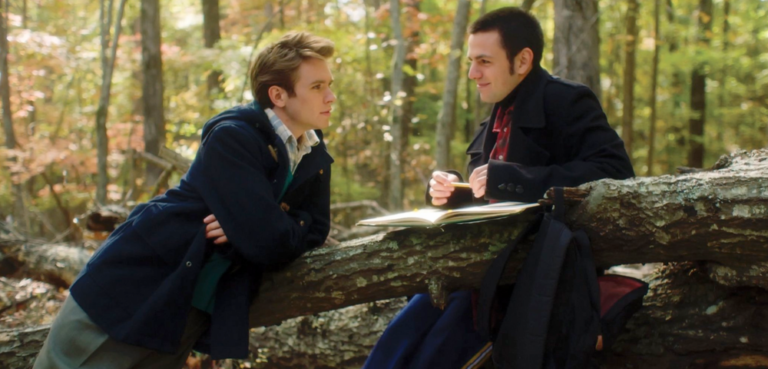
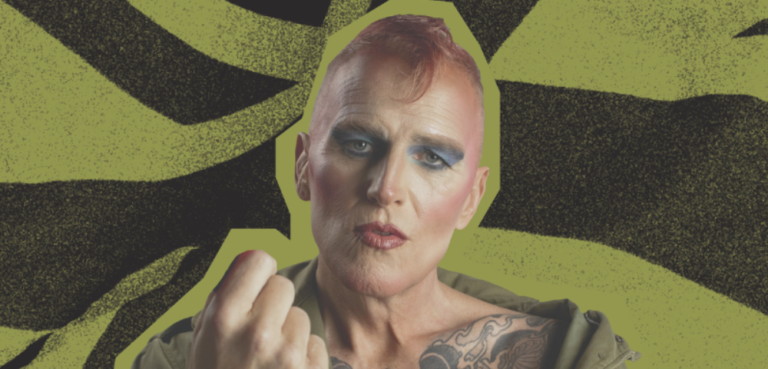




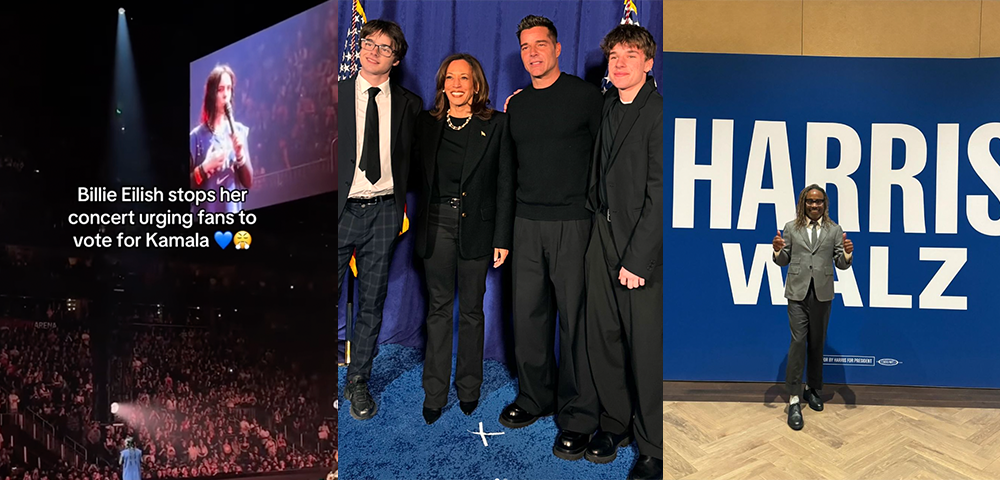


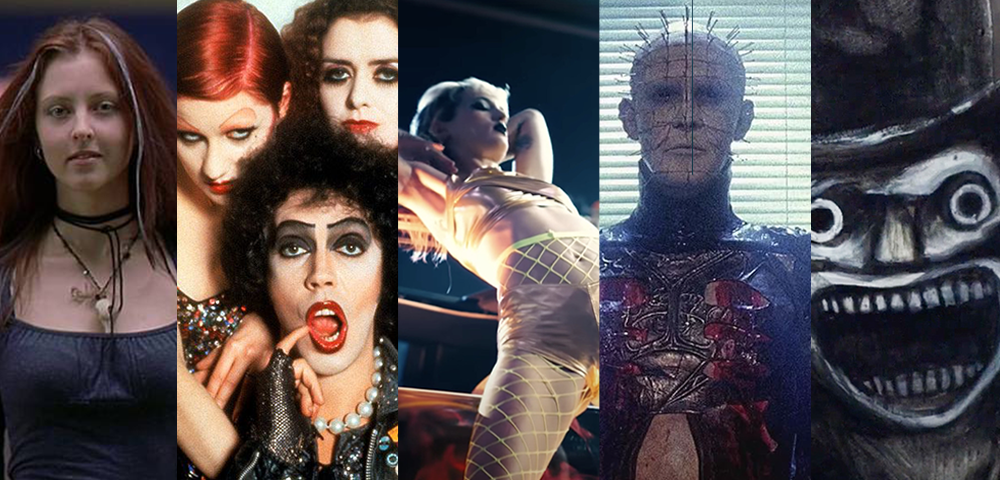
I’M SO PROUD OF MY FELLOW MONGOLIAN LGBT PEOPLE!!!
I’m a Gay, and I’m a Mongolian! Now i’m living in US since 2002. Being a Gay in mongolia is a hard life, that’s the main reason i left my country behind me!! :( but I always be Mongolian, and I love my country!
The news about the first ever Pride week in Mongolia is bring me in tears!
the world is changing…. and mongolia is changing along the way!! :)
Go Anaraa!
-TAVILAN
Thanks for this article. It is interesting to read about life in other countries. :)
Very informative and well researched written article. I didn’t realise the movement is only starting up in Mongolia.